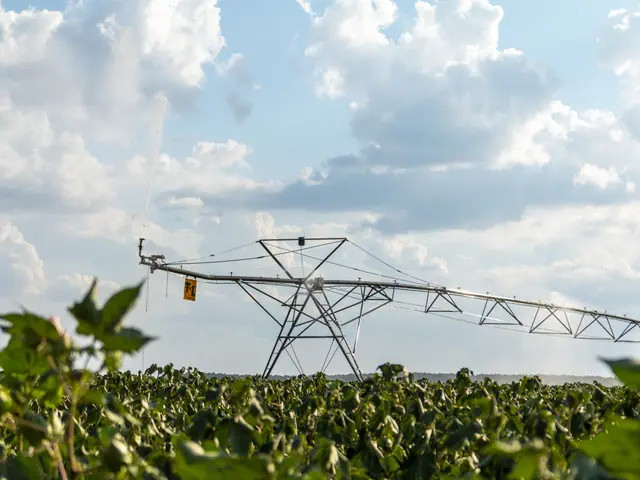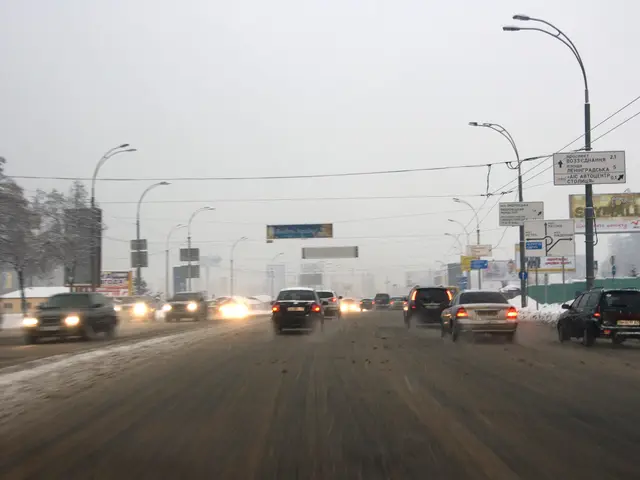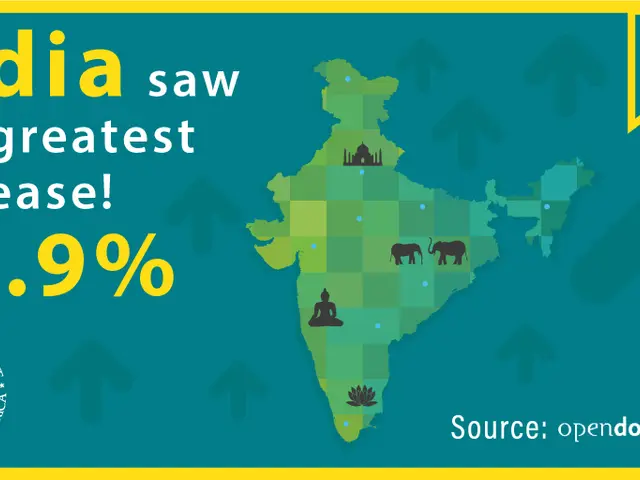diplomats from the Association of Southeast Asian Nations (ASEAN) optimistic about peaceful resolutions for Myanmar's internal armed conflict.
Myanmar's Civil Conflict: AASEAN's Push for a Peaceful Resolution
During the 46th ASEAN Summit in Kuala Lumpur, foreign ministers from the regional bloc expressed optimism towards finding a peaceful solution to Myanmar's civil war. Thailand, as the summit's host, has taken the lead in advocating for regional dialogue and coordinated humanitarian aid.
Thai Foreign Minister Maris Sangiampongsa disclosed that the meeting, which took place on Monday morning, recognized the potential of peaceful negotiations as a means to resolve the ongoing conflict in Myanmar. The ASEAN foreign ministers acknowledged Thailand's support of Malaysia, particularly in its role as ASEAN Chair, providing humanitarian assistance to Myanmar following the devastating earthquake in March.
The ministers further backed Thailand's proposal for the ASEAN Coordinating Centre for Humanitarian Assistance on Disaster Management (AHA Centre) to serve as the primary liaison between ASEAN and Myanmar in delivering humanitarian aid. This move is expected to streamline relief efforts and provide much-needed assistance to the war-torn country.
Tripartite and quadrilateral talks are also underway, involving various countries such as Thailand, Myanmar, China, Laos, and India. These discussions aim to address regional concerns, including border security, transnational crime, and cross-border transport, as well as seek Myanmar's cooperation in resolving the conflict.
The foreign ministers agreed that there have been encouraging signs of constructive dialogue among the parties involved, paving the way for a sustainable resolution to the civil war. They echoed Thailand's position that a peaceful solution requires open and constructive dialogue among all stakeholders. Notably, Thailand initiated these discussions between Myanmar and its neighboring nations since mid-2024.
While ASEAN's role in facilitating peace and humanitarian aid in Myanmar has been notable, the specific actions and initiatives taken by Thailand and the AHA Centre are not extensively detailed in the available information. Both entities are likely contributing to ASEAN's broader strategy to address the humanitarian and political aspects of the conflict.
[Enrichment Data]- ASEAN developed a peace plan following the military coup in Myanmar in February 2021. However, progress has been limited, leading to the exclusion of Myanmar's military leaders from ASEAN meetings.- After the March 2025 earthquake, ASEAN urged the extension and expansion of the ceasefire in Myanmar to facilitate humanitarian aid and recovery efforts.- ASEAN has expressed deep concern over the escalation of conflicts and deteriorating humanitarian conditions in Myanmar, calling for restraint and the protection of civilians.
- The foreign ministers acknowledged Thailand's support in providing humanitarian assistance to Myanmar following the devastating earthquake, which is an initiative that aligns with the broader ASEAN strategy addressing the humanitarian aspects of the ongoing conflict in Myanmar.
- The ASEAN Coordinating Centre for Humanitarian Assistance on Disaster Management (AHA Centre) has been proposed to serve as the primary liaison between ASEAN and Myanmar in delivering humanitarian aid, a move that is expected to provide much-needed assistance to the war-torn country and streamline relief efforts.
- Tripartite and quadrilateral talks are underway, involving various countries such as Thailand, Myanmar, China, Laos, and India, addressing regional concerns like border security, transnational crime, and cross-border transport, as well as seeking Myanmar's cooperation in resolving the conflict.
- The stock market, transport, sports, economy, and politics sectors in the region may experience indirect impacts as the ongoing civil conflict in Myanmar can raise concerns about stability, border security, and transnational crime. Moreover, the escalation of conflicts and deteriorating humanitarian conditions in Myanmar have led ASEAN to call for restraint and the protection of civilians, which could potentially influence the general news narrative and regional diplomacy.








